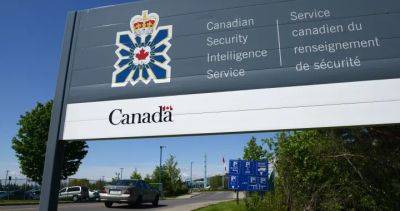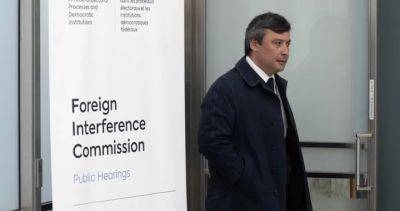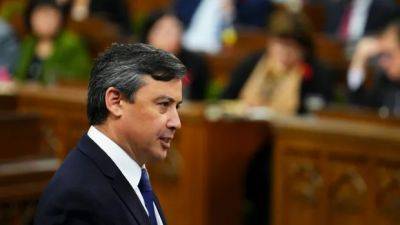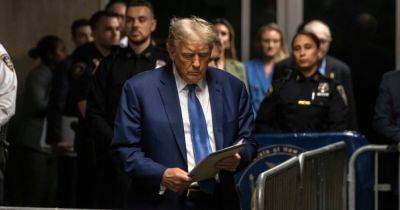How federal nominations became a ‘gateway’ to foreign interference
Justice Marie-Josée Hogue’s report into foreign interference last week contained a warning: party nominations can be a “gateway” for foreign interference.
That’s because parties are largely left to set the rules or enforce them — or not — free of the kind of independent oversight given to general elections.
There was also the concern that emerged over the course of Hogue’s inquiry that security agencies like the Canadian Security Intelligence Service (CSIS) may not be as familiar with the, let’s say questionable tactics employed by domestic political actors in hard-fought nomination campaigns.
“My concern was more that perhaps (CSIS) didn’t understand as deeply as political actors do the prevalence of busing of different community groups in nomination campaigns,” Prime Minister Justin Trudeau told the inquiry on April 10, referring to intelligence about alleged “irregularities” during the 2019 Don Valley North Liberal nomination.
There’s some validity to that. More than 30 years ago, the Lortie commission on democratic reform called attention to the “decentralized” nature of responsibility for nomination contest themselves.
“The decentralized approach to nominations in Canada makes it more difficult” to ensure women are better represented in the House of Commons, Lortie’s report found, “because it requires the full commitment and co-operation of local associations.”
The different parties and their local associations all have different approaches to nomination contests — there’s no centralized standards or enforcement of uniform rules.
But Hogue’s caution comes at a time when the stakes for interference are arguably much higher, when regimes with hostile intent are trying to subvert the democratic process.
Hogue’s report makes







